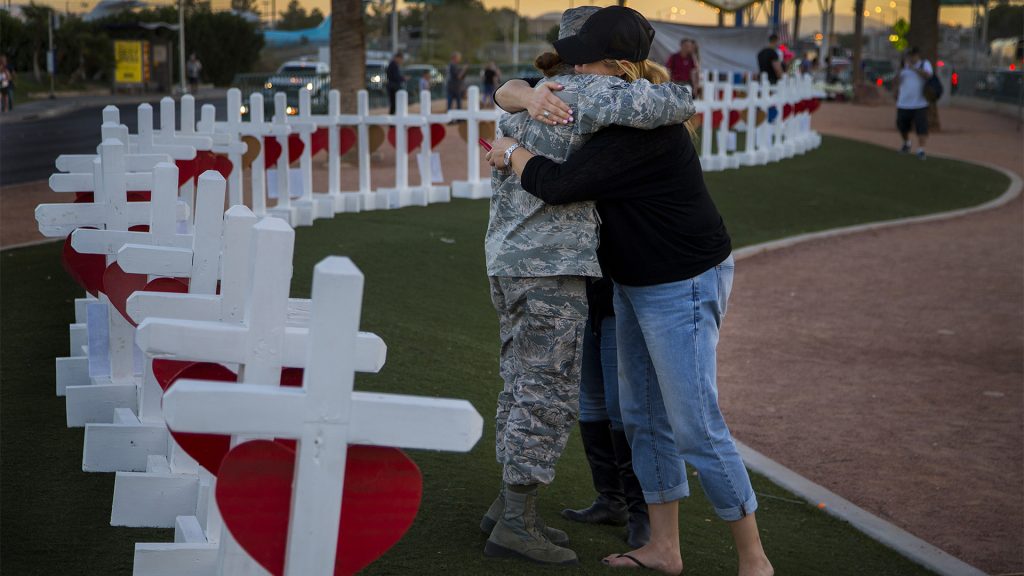People are indifferent to violence in the world because of consistent, prevailing news coverage of violent-related content. This indifference has led to a passive ignorance toward societal issues.
Nichole Shaw
We the people of these United States are becoming inexcusably desensitized to traumatic and horrific events that occur in our world. This desensitization sparks a response of indifferent numbness in people that accept violence as a practical, normal occurrence. Violence, especially gun violence, can be prevented. If such violence can be prevented, we should take small actions to prevent it.
Media cultivation, as Purdue Professor Glenn G. Sparks explains in his textbook Media Effects Research, is a theory that describes “the cultivation of attitudes, which is, after all, another way of talking about attitude change. According to [George] Gerbner, the cultivation theory is gradual and cumulative … the world of media entertainment presents a particular view of social reality.”
RELATED: Breaking the silence of children affected by violence and terrorism
Media entertainment these days overwhelmingly includes violence-related content because heinous events capture the attention of an audience. However, consistent news coverage of negative, violence-related content, causes people to expect to hear about unrelenting violence. This expectation leads the public perception of the world as “mean” and otherwise malevolent and corrupt.
Viewing the world as mean and inherently scary stems from the concept of mean-world syndrome. Mean-world syndrome was coined from cultivation theory as a phenomenon by Gerbner; his studies of content analysis and surveys showed that heavy viewing of violent content on TV causes viewers to absorb perceptions of danger, mistrust, and meanness in the world. When people see countless headlines flash across their TVs, computers, phones, and email, they get a sense that the world is an awfully brutal place with virtually no benevolence or morality left. They conclude that these kinds of things happen unjustifiably on a regular basis, which thus leads to acceptance of the world and our respective communities as hopelessly violent.
RELATED: Violence seen as public-health issue at conference
This acceptance is in part due to consumer ideology of the third-person effect. UI Professor Rachel Young says this concept “is almost like a survival instinct … for us to distance ourselves. This can be a way in which we become desensitized to violent-related content.” This mentality has excused people from being active, engaged audience members of news coverage and world problems.
Acceptance of consistent violence appearing in the media or news has led people to become numb to the reporting of violence because they see it so often — it’s as natural as the sun rising each morning. Young says, “Mass shootings aren’t catching our attention anymore because it seems normal …if you see coverage of a shooting every day, you become numb to it because it happens so frequently.” This numbness cannot be tolerated. We should not submissively accept this horrific violence that plagues our communities.
If we continue to let the media cultivate our behavioral responses to be indifferent to traumatic events that should require active, engaged, and reflective thought about what can be done to prevent events like this from happening again, we will lose what vitally makes us human — our ability to connect to others and empathize with them to create change. Just last week, the Gun Violence Archive reported a mass school shooting in Kentucky that killed two people and left 18 others injured. But nobody was talking about these victims. There was no real reflective process between community members about what can be done to fix a cycle of violence that has terrorized the children in our schools because to everyone, it was just another day.
Don’t let it be just another day. Create a discussion, and end ignorance towards violence in our communities starting today.
RELATED: Rosario: Reducing U.S. gun violence will involve numerous solutions










